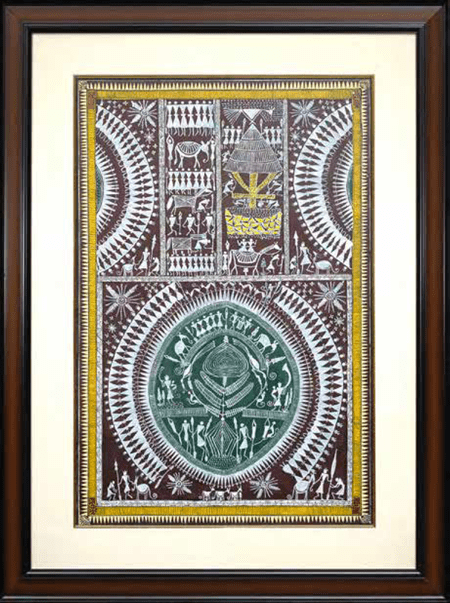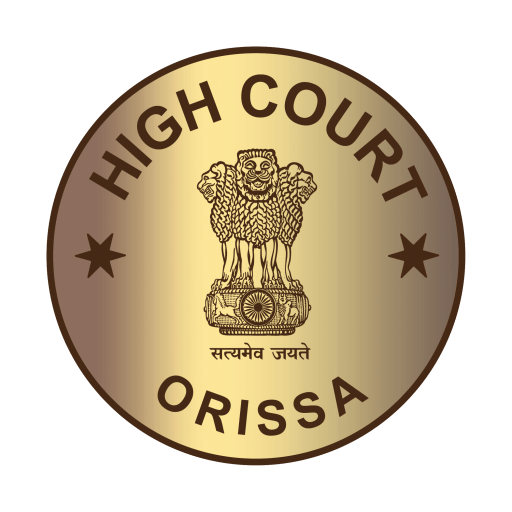
M/s. Satyasai Engineering College, Balasore v. ESIC, BBSR & Ors.
Case Number: W.P.(C) No. 22024 of 2022
Date of Decision: 7th July, 2023
The Employees State Insurance Corporation must afford fair and reasonable opportunity
of hearing to establishment before passing orders on determination of arrears.
The petitioner filed this writ petition challenging the order of the Employees State Insurance Corporation (hereinafter ‘the Corporation’) under Section 45-A of the Employees State Insurance Act, 1948, whereby it ordered to initiate recovery proceedings and issued garnishee order to the banker of the petitioner to recover in excess of Rs. 50 lakhs.
It was contended on behalf of the petitioner that though it participated in two hearings but it did not attend subsequent hearings for which it was set ex-parte and the above order was passed against it behind its back. The petitioner sought an opportunity to present its case for determination on actuals.
The Court was convinced that opportunity of hearing was afforded to the petitioner but subsequently, it was set ex-parte and the determination order was passed in its absence. The Court further held as follows:
“The provision for determination requiring the authority to give the establishment opportunity of hearing makes the authority to function at determination as a quasi-judicial authority. Function of a quasi-judicial authority is not simply following mandate of the provision to give notice. It must also act in a manner that is fair and reasonable, especially when it is moving ex parte. By relying on extraneous material, the authority did not do so in determining the arrears of contribution.”
The Court held that it is absolutely necessary that for the Corporation to act in such a way that there should not arise any allegation of arbitrariness. Accordingly, the impugned order was quashed and the determination proceedings were restored.
Commissioner of Income Tax, (Exemption), Hyderabad
v. Orissa Cricket Association, Cuttack
Case Number : I.T.A. No. 55 of 2018
Date of Decision : 13th July, 2023
Commissioner of Income Tax is empowered to scrutinize genuineness
of the activities undertaken by an applicant before granting
registration under Section 12AA of the Income Tax Act.
While hearing this appeal against the decision of the Income Tax Appellate Tribunal, Cuttack, the Court formed the substantial question as to whether the genuineness of the activities carried out by an assessee/applicant can be considered before granting it registration under Section 12AA of the Income Tax Act, 1961, especially when the assessee has been subjected to survey, search and seizure.
The Court observed that under Section 12AA(1) (a), before granting registration, the Principal Commissioner or Commissioner of Income Tax is required to call for such documents or information from the institution as he thinks necessary in order to satisfy himself about the genuineness of activities of institution.
In the instant case, the Court noted that the assessee institution had undertaken such activities which led to survey operation being conducted and search and seizure being made against its Honorary Secretary and thus held:
“Hence, we find no error committed by the authority in scrutinizing genuineness of activities of the institution in obtaining satisfaction to grant registration. When the authority was confronted by the activities requiring survey, search and seizure, there was conclusion that satisfaction had not been obtained for purpose of granting registration. This, the authority did as required and empowered by the provision existing prior to said amendment.”
The Court, thus, decided the substantial question of law in favour of the Income Tax Authority/revenue and the impugned order was accordingly set aside.
Dr. Deepak Padhi v. Gayatri Panda
Case Number : I.T.A. No. 55 of 2018
Date of Decision : 13th July, 2023
The Court dissolved marriage between a couple as the wife deserted the
husband for more than a decade without any reasonable cause.
This matrimonial appeal was filed by the appellant-husband against the impugned order dismissing his petition for divorce and allowing the application of the respondentwife for restitution of conjugal rights. The marriage between the couple was solemnised in December, 2003. It was alleged by the husband that the wife left the matrimonial home in the next month itself. It was further alleged that though the husband
visited the wife in her maternal house and also, the wife came to live with the husband for some days, there was no consummation of the marriage.
It was submitted on behalf of the appellanthusband that the respondent-wife left his matrimonial company in May, 2004 without any reasonable cause and did not return thereafter. However, the Court below did not find any cruelty on the part of the wife to have been meted out to the husband for which divorce was not granted, rather wife’s application for restitution was allowed.
After taking note of the submissions, the Court was of the view that the wife had intention to permanently forsake and abandon the husband. It also held that there was a total repudiation of obligations by the wife towards her marriage. The Court also went on to observe:
“On analyzing the evidence we have not been able to find a cause proved for the wife to have left the husband. Without delving deep into whether there was consummation of the marriage, we have been unable to find there was consent on the part of the husband for the wife leaving him.”
Accordingly, the High Court set aside the judgment and order of the Court below and dissolved the marriage between the couple on the ground of ‘desertion’. It also ordered that whatever maintenance amount has already been paid to the wife, in aggregate, shall constitute her permanent alimony.
Medical representatives/sales promotion employees can be considered excluded from the definition of ‘workman’ if he discharges duties in supervisory, managerial or administrative capacity.
M/s. Sanofi India Ltd., Mumbai v. Sanofi Employees and
Allied Workers Union, Ludhiana & Ors.
Case Number : W.P.(C) No. 40518 of 2023
Date of Decision : 19th December, 2023
Medical representatives/sales promotion employees can be considered
excluded from the definition of ‘workman’ if he discharges duties
in supervisory, managerial or administrative capacity.
The crux of the issue which arose before the Court for consideration was whether a medical representative/ sales promotion employee can be considered as a ‘workman’ under Section 2(s) of the Industrial Disputes Act, 1947 considering the nature of work he performs.
The Opposite Party No. 2 was appointed as a sales promotion employee by the petitioner company. Subsequently, a dispute cropped up between the petitioner and the employee, i.e. Opposite Party No. 2 for which the latter sought to take resort to the provisions under the ID Act. However, it was argued on behalf of the petitioner company that the employee cannot seek redressal under the ID Act and for that purpose Section 2(d)(i) and (ii) of the Sales Promotion Employees (Conditions of Service) Act, 1976 was relied upon which makes it clear that a person engaged in a supervisory, managerial or administrative capacity and drawing wages exceeding ₹1,600/- per mensem is not a ‘sales promotion employee’.
The petitioner submitted that the Opposite Party No. 2 was appointed as a sales promotion employee with supervisory, managerial and administrative duties. It relied upon a Division
Bench judgment of the Madhya Pradesh High Court in Novartis India Limited v. Vipin Srivastava & Ors. [judgment dated 11th October, 2018 in W.A. No.75 of 2017] wherein it was observed that a medical representative/sales promotion employee may not supervise any person but he is the master of his own affairs and therefore, he cannot be treated as a ‘workman’ under Section 2(s) of the ID Act.
After taking into account the arguments and the aforementioned decision, the Court respectfully differed with the aforesaid view taken by the Madhya Pradesh High Court so far as it excluded medical representatives/sales promotion employees on having application of provisions of ID Act to them, going by the nature of work they perform.
While dismissing the writ petition, the Court clarified that the dismissal will not prevent the management from establishing on facts that execution of work done by the concerned employee was in supervisory/managerial/ administrative capacity so as to take him outside meaning of ‘sales promotion employee’ as given in the Act of 1976.

Saura art painting, known locally as Ekons, displayed at Judges’ Lounge
